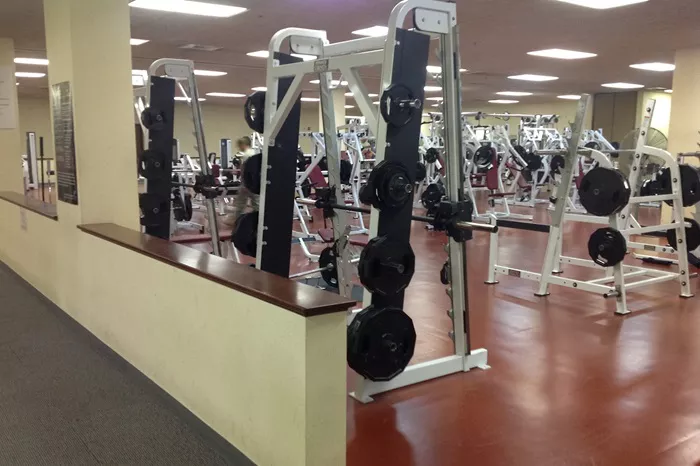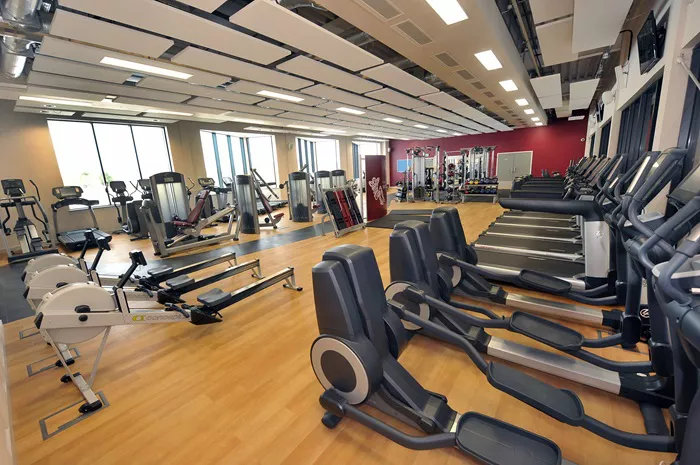Incheon, South Korea — A gym in Incheon, near Seoul, has ignited controversy by banning older women, referred to locally as “ajummas,” due to alleged unruly behavior. This move has rekindled discussions about age and gender discrimination in South Korea.
The gym posted a sign declaring the facility “off limits to ajummas” and welcoming “only cultivated and elegant women.” The term “ajumma” typically denotes older women, usually those in their late 30s and above, but it can also carry negative connotations of rudeness or obnoxious behavior.
The gym owner, who remains unnamed in local reports, defended the ban, citing damages caused by the misbehavior of some older female patrons. In a televised interview with Yonhap News Agency, he explained, “Some older women would spend an hour or two in the changing room to do their laundry, steal items including towels, soaps, or hair dryers. They would sit in a row and comment and judge other people’s bodies,” adding that these comments had driven some younger women to quit the gym due to discomfort and distress.
This incident has resonated widely, as South Korean businesses have faced criticism in recent years for excluding certain age groups, such as children or seniors, from public places. Critics argue this trend reflects a growing intolerance toward specific demographics.
The gym’s ban has faced backlash for linking bad behavior exclusively with older women. “How did the term ‘bad customer’ become synonymous with ‘ajumma’?” questioned one user on the local social media site Instiz. Another commenter criticized the move as reflective of “outdated attitudes from the early 2000s.”
In an attempt to clarify, the gym displayed an additional notice attempting to distinguish between ajummas and other women. It stated that ajummas “like free stuff regardless of their age” and are “stingy with their own money but not with other people’s money.” The gym owner suggested that other business owners might share his views but have chosen to remain silent.
“It’s not that I intended to make a hateful comment against older women or women in general,” he told Yonhap. “I think those who are outraged by [the notice] are the ones with the problem.”
The ban has found some support online, with certain individuals associating poor manners with older or middle-aged women, describing them as “territorial” or using derogatory terms such as “senseless.” Comments on platforms like YouTube mentioned that these women often bring their children to public places, taking up significant space and attention.
South Korean women have long fought for non-traditional choices in a society that imposes rigid standards on them. Many argue that men are rarely judged for similar behaviors. Commentators have pointed out that singling out women is unnecessary, as older men are equally capable of inappropriate behavior.
“Older men behave the same,” noted psychology professor Park Sang-hee in an interview with JTBC following the ban. “They also obsess over free stuff and repeat themselves. Rude behaviors are not exclusive to older women.”
This incident continues to fuel the ongoing debate about societal attitudes towards age and gender in South Korea.
[inline_related_posts title=”You Might Be Interested In” title_align=”left” style=”list” number=”6″ align=”none” ids=”10130,10127,10124″ by=”categories” orderby=”rand” order=”DESC” hide_thumb=”no” thumb_right=”no” views=”no” date=”yes” grid_columns=”2″ post_type=”” tax=””]


































